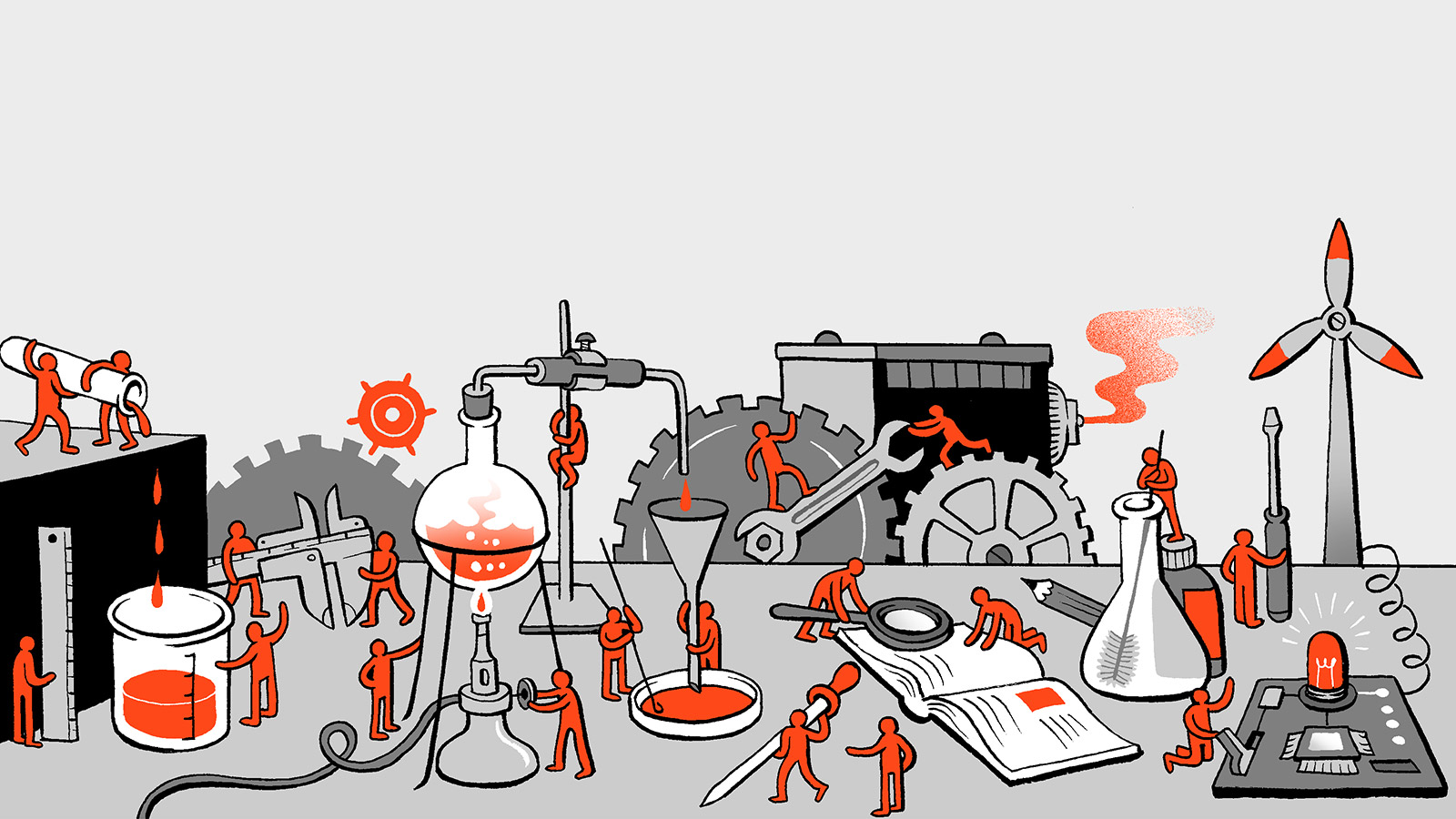While these inequalities were not caused by computers, they may well be reproduced and even accentuated by their use. We examine here three areas in which these problems arise: hardware, software, and classroom use. We present more examples on the third area because it is more apt to be overlooked in discussions of...
Tag - pedagogy
Our observations and interviews were guided by a common set of orienting questions regarding the relationship between the characteristics of schools, the students they educate and the policies and practices of computer use in the five districts we studied. We found a very strong relationship between (1) the rationale...
During the early 1970s, the lack of a supportive environment for minority students at Haverford disillusioned a number of them. If one examined all of their paper credentials, they had the ability to fulfill the academic requirements at Haverford; nonetheless, many of them experienced academic difficulty, with less...
In this context, the series of books inaugurated by Rius' Marx for Beginners should be very welcome. Using a kind of comic book format, these books attempt to give a lively but accurate outline of the central ideas of influential thinkers. In addition to the works on Marx, Einstein, and Freud reviewed here, the...
Getting together with a group of people who do the same type of work as you do and discussing the pros and cons of that work can be quite valuable. Doing just that has been one of the functions of the Boston Science Teaching Group of Science for the People. For the past five years a group of high school and college...
Last May the Science Teaching Group was asked to participate in the Great American Food Act, a festive day on the Boston Common, devoted to the food crisis. In line with other current crises, in ecology, energy, war, and unemployment, this year it was food. We wished to expose this crisis as symptomatic of the...
Throughout the past year Joe McDonald and I taught a course on work at Home Base School in Watertown Ma. I am a volunteer, and Joe is a regular salaried staff member. Home Base is a public alternative high school with 100 students drawn mostly from working-class families. It is informal and tries to involve students...
You asked about how we are struggling with the teaching of nature's science and math at Old Westbury. First of all, Old Westbury is comprised of 75% Black, Puerto Rican and Asian students and 20% white working class students. Their average age is 27. We are a youthful faculty, also largely Third World. We do not have...


